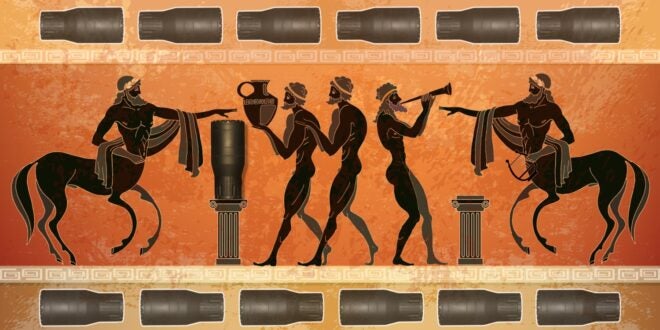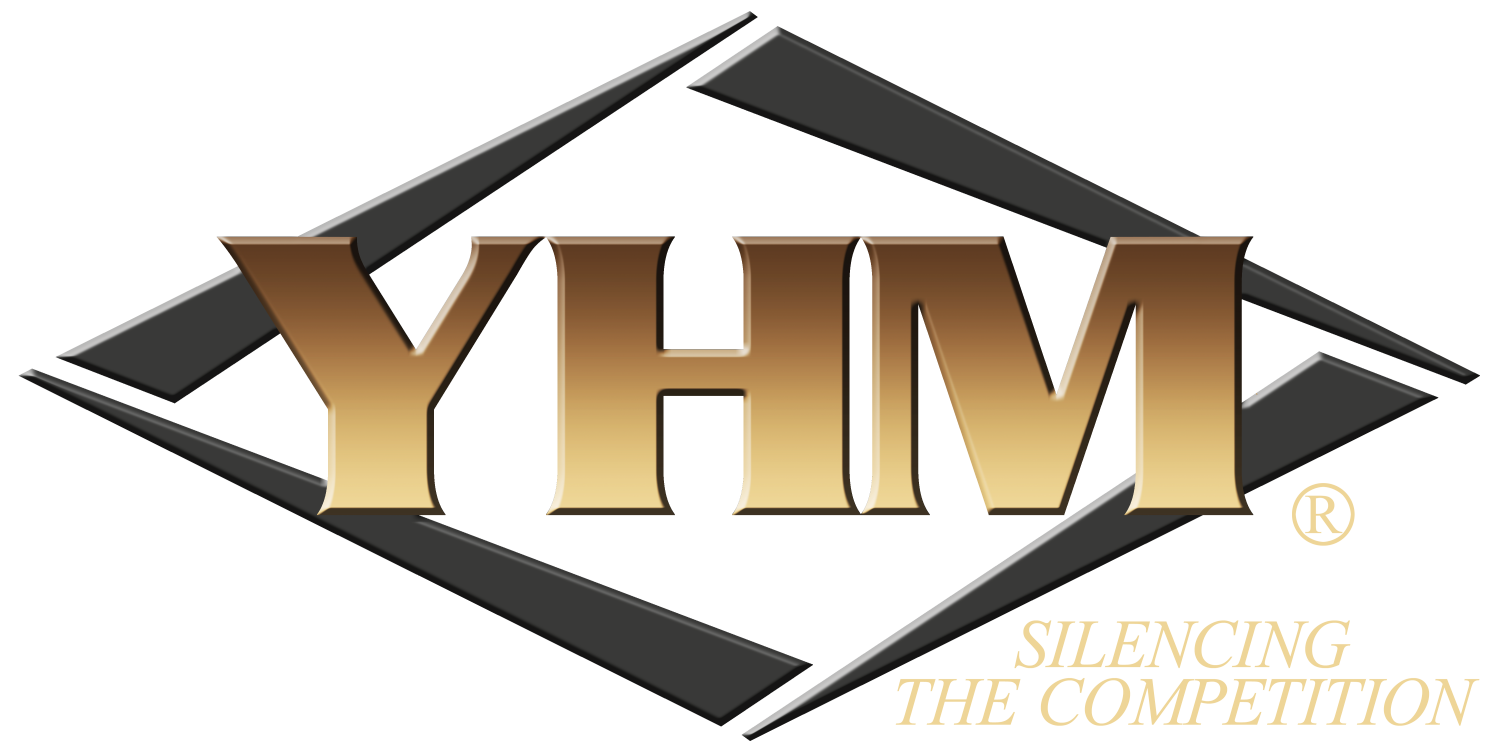Good afternoon everyone and welcome back to TFB’s Silencer Saturday brought to you by Yankee Hill Machine, manufacturers of the new YHM Turbo T3 5.56 rifle suppressor. Last week we introduced you to the HUXWRX FLOW 762 Ti, one of my new favorite cans. This week we discuss the top ten suppressor myths that make their rounds on the internet. Let’s set the record straight.
Above image (edited); matrioshka/Shutterstock
More debunking @ TFB:
- Friday Night Lights: Hollywood Night Vision Myths Part 5: True Lies, Troll, Sicario
- Friday Night Lights: Hollywood Night Vision Myths – Amazon’s Terminal List
- Friday Night Lights: Hollywood Night Vision Myths – Without Remorse
- Debunking the Top 5 Appendix Carry Myths
SILENCER SATURDAY #282: Discussing The Top Ten Suppressor Myths
Whether it is gun counter preaching or internet expert rants, there is a lot of misinformation about silencers floating around. For those of you are new to the sound suppressor world or are thinking about jumping into the water, let’s look at ten of the most common myths that are sometimes repeated as fact.
I. It’s not a silencer, it’s a suppressor.
The proper legal term is actually ‘silencer’. In the early 1900s, the invention and subsequent patents by Hiram Percy Maxim coined the term silencer and the first laws and regulations in 1934 under the National Firearms Act went on to legally define a silencer. As with many technologies, the proper name ‘silencer’ does not capture the full use and capabilities of these devices. When we discuss devices meant to reduce the noise of a firearm, the terms silencer, suppressor, and muffler can all be used interchangeably. Legally however, such as forms and applications submitted to the ATF, silencer and muffler are the only terms recognized by U.S. law.
II. Silencers are illegal.
Silencers are definitely legal. There are 42 states that allow the ownership of silencers under federal law. There are eight states and some localities that prohibit the ownership of silencers by normal people like you and me. I have a dream that one day, every American will have the right to own a silencer regardless of geographic location.
III. Suppressors are dangerous.
Suppressors in of themselves cannot fire a bullet and are therefore not dangerous. When attached to a firearm, silencers do not make it more dangerous than the same firearm without a silencer. I suppose, like any blunt object, that a suppressor can be dangerous if you drop it on your foot or hit someone with it. In the end, silencers are just fancy metal tubes that are highly regulated and taxed.
IV. Silencers make guns silent.
Shooting a suppressed firearm will still make some noise. There are some firearm/suppressor combinations, like subsonic rimfire rifles, that will be very quiet. But there will still be some noise and, regrettably, definitely not silent. On the other end of the spectrum, suppressed rifles with supersonic ammunition will still be loud and will require the use of hearing protection.
V. Suppressors are only used by criminals.
Sport shooters, hunters, law enforcement officers, and soldiers all find utility in the use of suppressors. Most criminal use of firearms involve cheap and/or stolen handguns that are concealable and involve crimes of opportunity. Suppressors are long, heavy, and add complexity to a standard handgun and add very little benefit to the types of crimes that involve firearms. Of course, some criminals have use suppressors, but in comparison to legal ownership and use, these numbers are statistically rare.
VI. Adding a suppressor will effect the accuracy of a firearm.
If properly manufactured and installed, a suppressor should not affect the accuracy of a firearm. A suppressor can change the point of impact (POI) of the bullet because of the added weight on the end of the barrel or the baffle geometry affecting the bullet inside the suppressor. But a change of POI is not the same as a change in accuracy. Once the firearm is re-zeroed after adding a suppressor, the POI is reset and the accuracy remains unchanged.
VII. Titanium suppressors are less durable than steel suppressors.
Blanket statements like ‘steel suppressors are more durable than titanium suppressors’ rarely capture the overall use case. A lot depends on the thickness and type of the metals and the design of the suppressor itself. Titanium can lose more overall strength than steel at high temperatures, but under typical use cases, a properly manufactured titanium suppressor will last just as long as a properly manufactured steel suppressor.
VIII. Owning NFA items like suppressors means the ATF can search your house without a warrant.
There is no provision in the law that requires you to give up your Fourth Amendment right against unreasonable searches and seizures if you own an NFA item like a silencer. It is common practice to carry a copy of an approved ATF Form 4 for your suppressor if you are going to the range, but that is usually for less experienced or overzealous range staff, not the ATF. Treat suppressors with the same safety and security as you would any other firearm.
IX. The NFA application process is too much hassle.
The traditional NFA application process requires filling out some forms, taking a few pictures, and getting your fingerprints taken. But with a good dealer, the entire process should only take about 15 minutes. If your dealer is part of either the Silencer Shop or Silencer Central network, the whole process gets easier and quicker for each additional suppressor you buy because your fingerprints and photographs are saved and on file. Basically, if you have rented a car, you can complete the NFA transfer process. The hardest part is waiting for approval.
X. Nobody needs a silencer
Ah the old ‘nobody needs a ____’ argument that has been used against standard capacity magazines, semiautomatic rifles, and other firearms for decades. The funny thing about that statement is that I could use that for any item or activity outside of potable water, nutrients, and breathable air. Nobody needs a golf course, a sports car, a cheese burger, or a martini either.
But the great part about living in a free society is that we don’t survive purely on needs, we thrive on our wants and desires. So while some may argue that I don’t need silencers, and I would object, I want silencers for my firearms because they protect my hearing, keep my neighbors happy, and they make shooting a more pleasant experience.
Those are the top ten suppressor myths. Thanks for reading. Be safe, have fun, and we’ll see you back here next weekend for another Silencer Saturday.
 Your Privacy Choices
Your Privacy Choices

